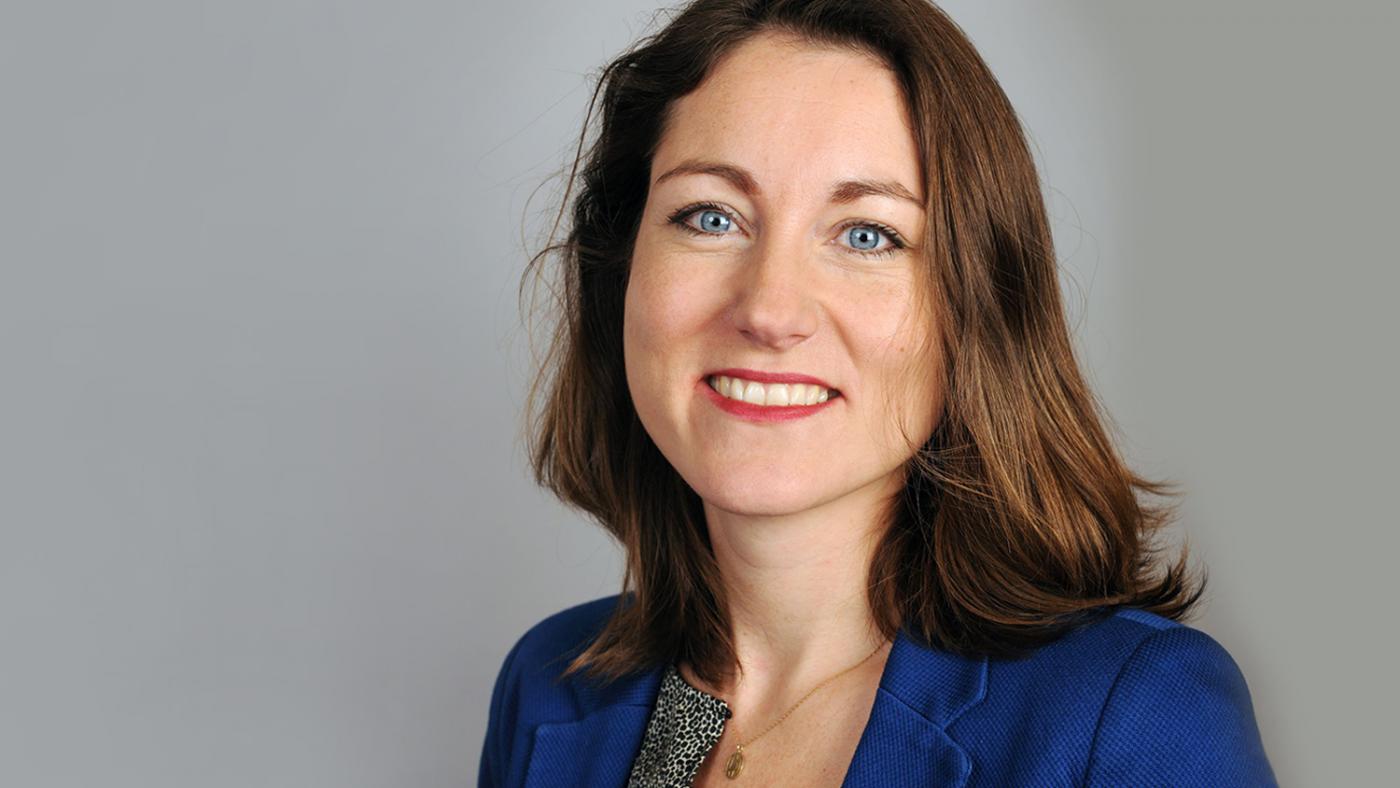Young Academy: ‘New NWO requirements must be thrown out immediately’

The change of receiving a Vidi research grant worth 800,000 euros has become smaller and smaller in the past few years. In order to reduce the high number of grant applications, research financer NWO introduced the so-called ‘embedding guarantee’ last year: researchers may only apply for a Vidi grant if a university or research institute has guaranteed them a position at their institution to work there when they receive the grant.
The measure is effective: the number of applications decreased by a quarter. But there was criticism too. The Young Academy, a society of relatively young scientists that’s connected to the Royal Netherlands Academy of Arts and Sciences, decided to evaluate the new setup by means of a questionnaire. The questionnaire was filled out by 81 scientists, of whom 25 were not allowed to apply for grants. Of the other respondents it’s unknown whether they’ve received the Vidi grants they applied for.
UU professor and chairwoman of The Young Academy Belle Derks: “We started our study because we received complaints from researchers who weren’t allowed to apply for grants. We didn’t want the image we had be shaped only by disappointed scientists that came to us by themselves, so we conducted a survey.”
What was the most remarkable outcome?
“That most universities don’t apply any fundamental selection on the proposals from researchers who wish to apply for a Vidi grant. Do you have a permanent contract? Then fine, apply for a grant. If not, then generally, you can’t. To me it’s astounding that this decision isn’t based on the content. This way, obtaining research funds is an insiders’ game in which the only people who have a shot are researchers who’ve already made a name for themselves. People who don’t have permanent contracts, as well as scientists who’ve taken risks in their careers by for instance going abroad for a few years, don’t stand a chance.”
A whole generation of scientists will miss out
So the NWO's hope, that universities would improve their own selection process as a result of this measure, was in vain?
“Yes, because that rarely happens. Most universities don’t look at the possible merits of research plans. It’s an automated process. Sometimes, you’ll even see that applying for a Vidi is a mandatory part of the tenure track. It’s often completely unrelated to quality or chances.”
But the application pressure has diminished, and wasn’t that the point?
“Yes, that’s correct, but not for the right reason. The only reason there are fewer applications is because fewer people are allowed to even send one in. The pond has simply gotten smaller. Because of this, there are excellent scientists with great research proposals who won’t even get a chance. We think this is worrisome – not in the least because it’ll eventually have a negative impact on the quality of science.”
If you have a good proposal, isn’t it really easy to find a university who’ll give you that embedding guarantee if you’ll get a bag of money?
“You’d think so, but that’s not how it works in reality. Universities tend to avoid risk, and mostly bet on people who’ve already been ‘embedded’. Imagine there are four people with temporary contracts in one department, who’ll all get embedding guarantees for their Vidi applications. That’s a high risk to the faculty, because if all four get their grants, there won’t be enough room for them all in the long run. You’ll see, especially in humanities, that people aren’t allowed to apply because there isn’t room for more teachers within the educational programme.”
In the end, it’ll have a negative impact on the quality of science
The Vidi grant is a part of the so-called Renovation Impulse. How does the embedding guarantee relate to that renovation process?
“Scientists who focus on research that isn’t yet done in the Netherlands, or who have really innovative ideas, have a lower chance of success now. The grants of the Renovation Impulse were meant to ensure that new research is developed outside of the existing lines, but instead, it’s become harder to do so. Of course, there are definitely scientists working on innovative subjects at universities, but new impulses aren’t coming from people from the outside anymore.”
What does the Young Academy think is the best alternative to the embedding guarantee?
“We’d prefer to see this measure be abolished immediately. We don’t have a ready-made solution, but the pre-selection as it exists now in the process for the Veni grants at least doesn’t exclude researchers with temporary contracts. Researchers with fewer opportunities at least won’t have to spend a lot of time writing pointlessly detailed grant applications.”
“Additionally, the NWO could decide everyone can apply for grants, but that you won’t get the money unless the university gives you the embedding guarantee. It’s a lot easier to find when you’ve got 800,000 euros in your pocket, even for people from outside the university.”
Have you discussed the results of the questionnaire with the NWO?
“Yes, we’ve been in touch with the NWO, and we’ve discussed our concerns. They want to take the time to see what the effects of this measure are. I understand that, but we feel it’s going too slowly. This questionnaire shows the side effects are so negative that we want to act now. Our concern is that there’ll be an entire generation of scientists who miss out.”
In Utrecht, too, young scientists expressed their concerns about the new Vidi grant rules. They found a listening ear in rector Henk Kummeling. He feared the only effect of the measure was that the application pressure has moved from the NWO to universities.
Last week, representatives of the Utrecht Young Academy spoke with Kummeling and agreed that the young scientists will write an advice on how the procedures for Vidi applications could be made more transparent and fairer. They plan to write a memo on the subject in the near future.